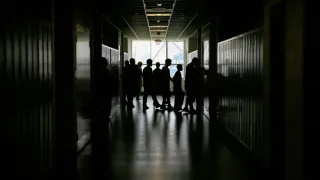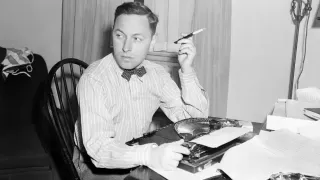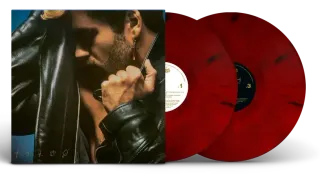December 19, 2014
Tiffany's Million Dollar Lamps
Matthew Wexler READ TIME: 1 MIN.
Two nearly identical Tiffany wisteria lamps designed in 1901 have sold for over $1 million each at auction.
They sold at Sotheby's on Wednesday. One sold for $1,205,000, the other for $1,145,000.
They were part of a group of seven Tiffany lamps collected by dealer Sandra van den Broek over three decades. The current owner acquired them over the past 10 years.
The two leaded-glass lamps are successively numbered, indicating the 2,000 pieces for each were cut from the same sheets of glass. They came into Van den Broek's possession 15 years apart.
The shade was designed by Tiffany Studios artist Clara Driscoll.
The auction also featured 34 other Tiffany lots. Among the highlights was a 25-light lily chandelier owned by descendants of the Havermeyer family. It sold for $149,000.






